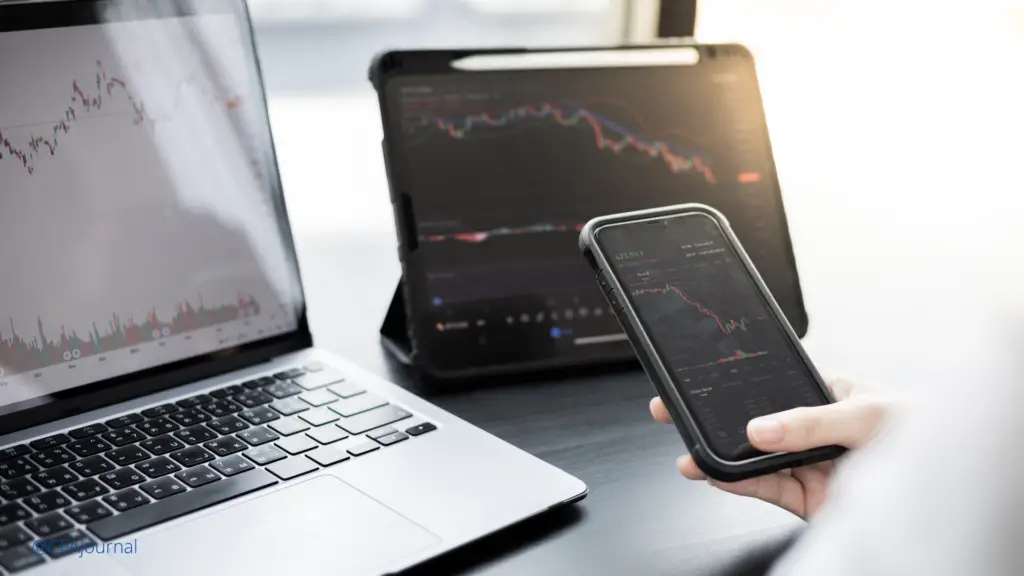
Definition:
Callable Preferred Stock is a type of preferred stock that the issuer can redeem at a given value before the maturity date. Issuers mostly use this preferred stock for financing purposes, because it offers them substantial flexibility for redemption.
Therefore, it gives the option to the issuer to repurchase the shares back from the public at a predetermined price.
Callable preferred shares have the same characteristics as other preferred shares. The only difference between callable preferred shares, and normally preferred shares is the fact that the issuer can redeem callable preferred shares.
In contrast, other types of preferred shares have no set maturity date.
Similarly, callable preferred shares are entitled to dividend payments annually.
Callable preferred shares are one of the most viable financing strategies for the company because, in the long run, it does not hamper the ownership structure of the company.
This is because even if they are called back, the ownership structure is restored within the company.
Features:
Callable Preferred Stocks are highly popular because of the much-needed flexibility it provides to the issuing company. Callable Preferred Stocks have the following salient features:
- Callable Preferred Shares have no voting rights. Like normally preferred shares, they are entitled to yearly (or quarterly) dividend payments. Therefore, they have no say in managing the company’s operations and functions.
- Callable Preferred Shares are redeemable. This means they can be called back or repurchased by the issuer. This rate is predetermined when those shares are issued.
- Callable Preferred Shares can only be sold back to the company when the company wants to repurchase those shares. This cannot be done unless the company does not personally want to call back shares.
- Issuing callable preferred stocks comes with a price for the issuer in the form of a call premium. This is because investors need to be compensated for the call-back risk.
- Even though the stock owner is meant to bear the loss associated with call back, if any, the strike price is decided to ensure that they are compensated for this loss.
How do Callable Preferred Stocks work?
Organizations widely use callable Preferred Stocks to issue stocks or equity. In this regard, the following illustration provides deeper insight into the functionality of callable preferred stocks.
Riz Co. issued a callable preferred stock in 2010, with a payout yield of 10%. Even though this stock matures in 2030, Riz Co. has enlisted a call-back option. Per this option, the shares are supposed to be callable in 2015 on 105% of the par value.
In the example above, it can be seen that Riz Co. has issued callable preferred stock. This means they can repurchase the shares in 2015, at a higher price than what they were initially issued for.
The 105% par value implies that 5% is considered the Call Premium on the stocks when they are called back.
From an investor’s perspective, they will be paid 1.05 times the par value of the shares they purchased back in 2010.
Advantages of Callable Preferred Stocks
Callable Preferred Stocks have the following advantages from the perspective of the issuing company:
- Callable Preferred Stocks do not hamper the company’s ownership structure in the long term. When the shares are called back, the ownership structure (shareholding mix) will restore to normal.
- Callable Preferred Stocks are viable financing tools. This is because of fact that they do not incur hefty financing charges. They are cheaper to issue if the company has authorized share capital. Similarly, they do not necessarily require the principal to be repaid to the investor, since calling back the shares is up to the company’s discretion, before the maturity.
- Companies can arrange to pay back the number of callable premium stocks in the longer run. This is greatly beneficial since it helps companies plan the repayment plan for the call premium.
Limitations of Callable Preferred Stocks
Callable Preferred Stocks have the following limitations:
- Even though callable preferred shares are highly flexible financing options for the company, it can be seen that they are also risky, because they guarantee a return (in the form of a call premium), even when the market is not performing well. Therefore, this might lead to financial losses in this regard.
- Similarly, it is often difficult to sell the callable preferred stock. From the investors’ perspective, it might be a risky investment so they might demand higher returns in exchange for investment callable preferred stocks.
